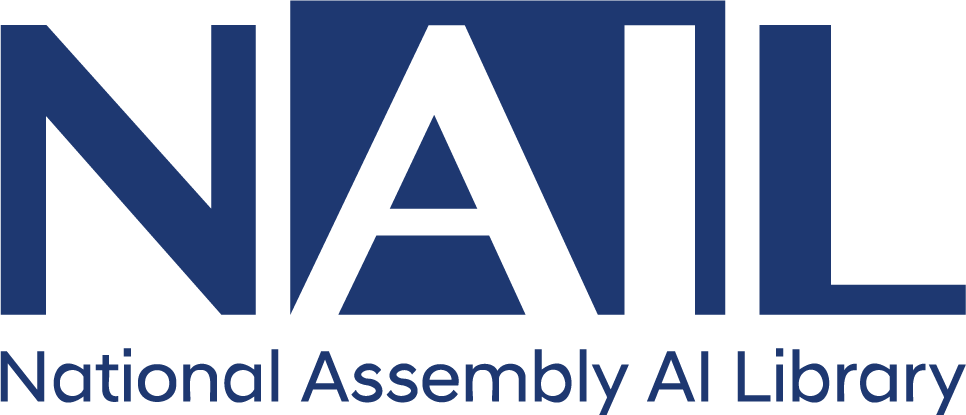UN guidance for action on critical energy transition minerals : a document of the UN Secretary-General's Working Group on Transforming the Extractive Industries for Sustainable Development
(중요 에너지 전환 광물에 관한 유엔 행동 지침: 지속가능한 발전을 위한 채굴 산업 전환에 관한 유엔 사무총장 실무그룹 문서)
목차
Title page 1
Contents 3
Introduction 6
Guiding Principles 7
Actionable Recommendations 7
1. Human rights must be at the core of all mineral value chains 8
1.1. Human rights due diligence 10
1.2. Human Rights Impact Assessment 11
1.3. Free, Prior and Informed Consent 13
1.4. Human rights compliant security and protection of civic space 14
1.5. Grievance Handling Mechanisms 15
1.6/1.5. Elimination of child labour on mine sites 16
2. The integrity of the planet, its environment and biodiversity must be safeguarded 17
2.1. Environmental and social impact assessment 19
2.2. Tailings management, reduction and avoidance 21
2.3. Water accounting 22
2.4. Participatory water monitoring 23
2.5. Catchment and water resource management 24
2.6. Biodiversity action plans 25
2.7. No-go zones 26
2.8. Mine-site closure plans and progressive 27
2.9. Decarbonisation and energy efficiency 28
2.10. Carbon pricing mechanisms 29
2.11. Environmental bonds and financial assurance 30
2.12. Circular economy initiatives 31
3. Justice and equity must underpin mineral value chains 33
3.1. Meaningful and informed participation 35
3.2. Gender equality plans and diversity and inclusion policies 36
3.3. Indigenous Peoples' co-ownership and equity participation 37
3.4. Fair negotiation of contracts 38
3.5. Occupational health and safety management 39
3.6. Cultural heritage management plans 40
3.7. Formalization of ASM 41
4. Development must be fostered through benefit sharing, value addition and economic diversification 42
4.1. Local content and employment policies 44
4.2. Community Development Agreements 46
4.3. Indigenous Land Use Agreements / Impact and Benefit Agreements 48
4.4. Industrial policies to promote value addition 49
4.5. Regional and country mining visions 52
4.6. Progressive fiscal regimes 54
4.7. Resource mapping 55
4.8. Sovereign wealth funds 56
5. Investments, finance and trade must be responsible and fair 57
5.1. Access to finance for ASM 58
5.2. Development-focused investment funds 59
5.3. Government mineral buying programs 61
6. Transparency, accountability and anti-corruption measures are necessary to ensure good governance 62
6.1. Contract and revenue transparency 64
6.2. Independent anti-corruption agencies 65
6.3. Open-access digital cadastres 66
6.4. Traceability mechanisms 67
7. Multilateral and international cooperation must underpin global action and promote peace and security 68
7.1. Technology and Knowledge Transfer 69
7.2. Regional Supply Chain Development 71
7.3. Cooperation on Just Transitions 74
Conclusion 75
Boxes 3
Box 1. Guiding Principles and Actionable Recommendations 7
Box 2. Case study of Principle 1: Ex-ante Human Rights Impact Assessment of the African Continental Free Trade Agreement 12
Box 3. Case study of Principle 2: Mining Policy Framework, Intergovernmental Forum on Mining, Minerals, Metals and Sustainable Development 20
Box 4. Case study of Principle 2: Using life-cycle assessments in policy making, in Sweden and Finland 32
Box 5. Case study of Principle 4: ILO's Tripartite Declaration of Principles for Multinational Enterprises and Social Policy 45
Box 6. Case study of Principle 4: The Oyu Tolgoi Cooperation Agreement 47
Box 7. Case study of Principle 4: The Mineral Beneficiation Strategy for Namibia 50
Box 8. Case study of Principle 4: African Mineral Resources Classification and Management System - Pan-African Resource Reporting Code (AMREC-PARC) 51
Box 9. Case study of Principle 4: The National Strategy of Lithium, Chile 53
Box 10. Case study II of Principle 5: The Lobito Corridor, Zambia to Angola 60
Box 11. Case studies of Principle 6: WTO-ADB Trade in Critical Minerals Database 63
Box 12. Case studies of Principle 7: Africa Higher Education Centers of Excellence Project 70
Box 13. Case study of Principle 7: The African Green Minerals Strategy 72
Box 14. Case study of Principle 7: Special economic zones for battery manufacturing, Democratic Republic of the Congo and Zambia 73
해시태그
관련자료
AI 100자 요약·번역서비스
인공지능이 자동으로 요약·번역한 내용입니다.



